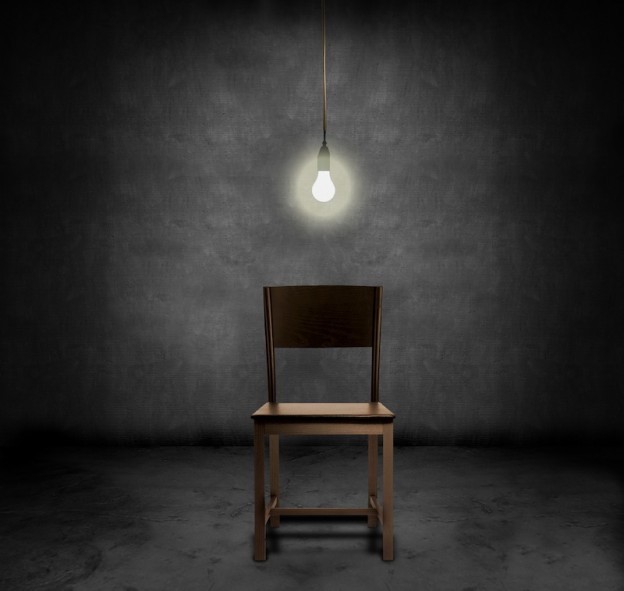The 9th Circuit handed down two recent decisions to provide guidance on the treatment of expert witnesses by trial judges. The attention expert witnesses receive from the federal circuit serves as a point of emphasis on how important it is to have experts who can pass judicial scrutiny prior to offering their testimony.
9th Circuit Revives Expert Testimony in Contaminated Water Case
Earlier this month, the 9th Circuit overturned a lower court’s dismissal of expert testimony by pointing out that judges do not have the authority to question an expert’s conclusions. When evaluating whether or not an expert witness is permitted to testify, a judge must follow the Daubert standard and focus on the expert’s qualifications and the methodology he used to support his testimony.
Pomona, California filed a lawsuit against SQM North America Corporation (SQMNA) for contaminating water by importing Chilean materials into the town several decades ago. To support its claim, Pomona called Dr. Neil Sturchio, the director of the Environmental Isotope Geochemistry Lab at the University of Illinois at Chicago. Dr. Sturchio conducted a study of Pomona’s water using a “stable isotope analysis” and determined that sodium nitrate from Chile’s Atacama Desert, used by SQMNA in fertilizer, was responsible for contaminating the town’s water.
A lower federal court determined that Dr. Sturchio’s conclusions were outside of the scientific mainstream, and therefore he was not permitted to testify at court. On appeal, the 9th Circuit pointed out that Dr. Sturchio’s expert testimony was supported by a methodology that was published in a 2011 manual for the Department of Defense, and therefore was built on a sufficiently sound foundation. During the publishing process, Dr. Sturchio’s methodology was reviewed by two other laboratories, giving the process further credence as a collaborative work. In its conclusion, the 9th Circuit pointed out that when an expert witness is supported by scientifically sound methodology, the validity of his conclusions are facts that are reserved for a jury, not for a judge.
9th Circuit Requires Closer Scrutiny of Medical Expert
In April, the same 9th Circuit court kicked back an asbestos lawsuit because the plaintiff’s expert witness was not sufficiently evaluated by the lower court judge before being allowed to testify. At trial, the judge refused to conduct a Daubert review of a medical expert witness, allowing him to take the stand despite objections from the defense over his credentials and methods employed during pre-trial investigative studies.
In Barabin v Asten Johnson, Inc, the plaintiff and his wife alleged that he developed mesothelioma from asbestos exposure while working at the defendant’s paper mill. A medical expert witness was called to connect fibers found in the mill’s dryer felts to the asbestos exposure that caused the plaintiff’s condition, and, with his assistance, the plaintiff was successful. On appeal, the 9th Circuit Court determined that the lower court had failed to properly evaluate the expert’s methodology, which involved tests performed in different conditions than present at the paper mill, and sent the case back for a re-trial that involved a Daubert review to scrutinize the medical expert’s qualifications.
Medical expert witnesses, who are critical in toxic tort cases, must pass close scrutiny to ensure that testimony presented to a jury is reliable and supported by sound scientific investigation. In Barabin, the trial judge failed to properly scrutinize a key expert witness, leading to the 9th Circuit reversing the trial’s outcome.
As the use of expert witness testimony becomes more commonplace, decisions like these from high ranking federal jurisdictions will provide emphasis on the importance of properly evaluating experts before allowing them to speak at trial.








